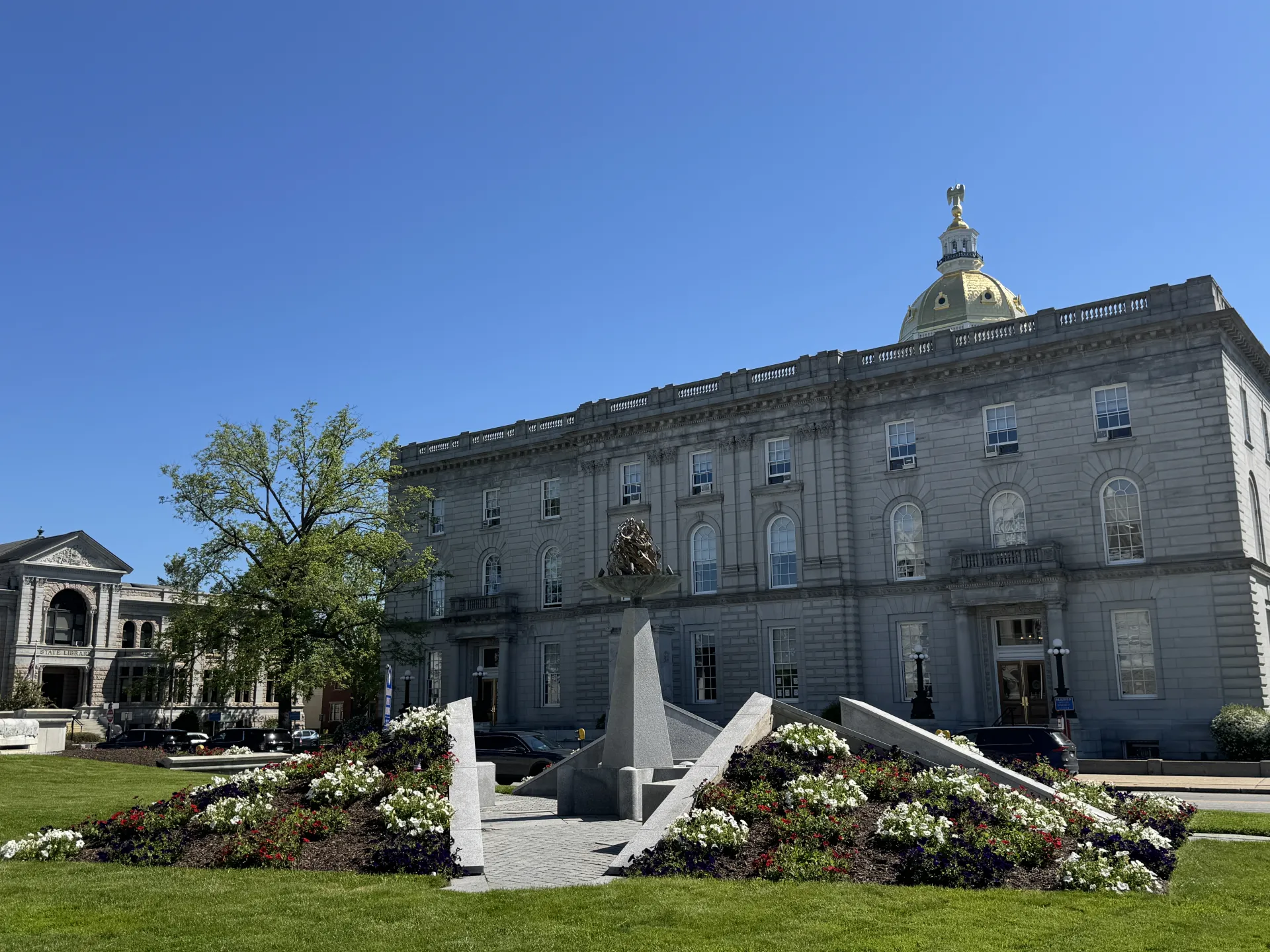CONCORD, NH – Today, Governor Ayotte signed the next state budget into law.
Megan Tuttle, President of NEA-New Hampshire, provided the following statement after Governor Ayotte’s action:
“Budgets are moral documents; they reveal the true priorities of those in power. While some of the harmful policies proposed by anti-public education politicians were eliminated from the final state budget—including a drastic cut to targeted aid for our state’s largest school district, mandatory statewide school spending caps, and mandatory open enrollment—it still fails to fully fund public education. Instead, lawmakers opened the floodgates to taking even more public dollars out of public schools to subsidize private school for wealthy families; that cost will ultimately be paid by hardworking New Hampshire property taxpayers.
Granite Staters overwhelmingly support their public schools, and they understand that strong public education is the foundation of strong communities. But this budget fails to address the inequities in our school funding system. It is far past time that our elected officials work together to fulfill our collective responsibility to ensure every child—regardless of zip code—has access to a safe, supportive, and high-quality public education.
NEA-New Hampshire stands with educators, families, and students across the state. We will not stop fighting until every child has access to the education they deserve: an education that sparks curiosity, fuels creativity, and opens doors to opportunity.”
###
About NEA-New Hampshire
NEA-New Hampshire is the largest union of public employees in the state. Founded in 1854, the New Hampshire State Teachers Association became one of the "founding ten" state education associations that formed the National Education Association in 1857. Known today as NEA-NH, and comprised of more than 17,000 members, our mission to advocate for the children of New Hampshire and public-school employees, and to promote lifelong learning, remains true after more than 165 years. Our members are public school employees in all stages of their careers, including classroom teachers and other certified professionals, staff and instructors at public higher education institutions, students preparing for a teaching career, education support personnel and those retired from the profession.
